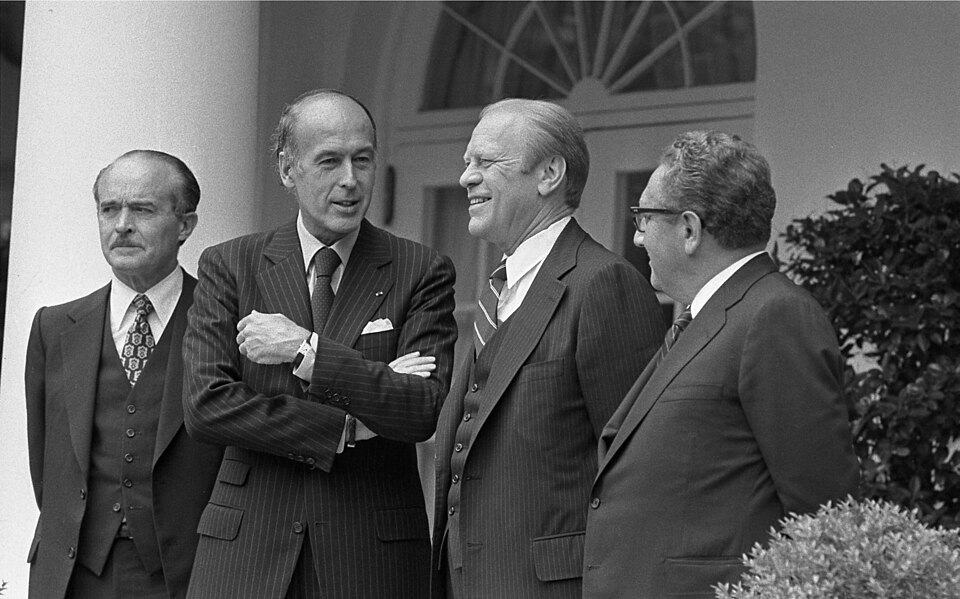Editorial
Crisis is with us on a daily basis, be it financial, budgetary or in banking. The practical effect of crisis on our lives is to create an atmosphere of gloom and fear for what the future holds: a general feeling of insecurity and malaise. And yet France holds many trump cards in the field of defence and security. By dint of its geographical position, France is a vital pivot for all the main continental, Mediterranean and Atlantic issues. It has commitments on five continents and is well aware of all the regional challenges. Its environment is governed by relations with its neighbours and its strategic partnerships, from NATO to the European Union. Its clear capability to manage complex industrial projects, in the oil, nuclear, automobile, rail, air and space transport and the agro-alimentary sectors for example, gives it little to fear from globalisation. Its military structure gives the country the means to defend its interests and exercise its responsibilities for world governance, and its technologically developed arms industry puts it at the forefront of developments. That operational capability of the forces, together with the bravery and sense of service of its personnel gives a sure-footed politico-military reactivity.
Given such a positive background what is it, then, that gives the current widespread feeling of insecurity and decline? What is missing? One certain thing missing is coherence of solidarity within a West that is falling apart. Missing too is a sense of national cohesion, hardly surprising when the available effort is spread across so widely differing priorities—this fragility applies to defence, too. Finally, thinkers are conscious that France lacks a culture of strategic debate: a prevailing consensus of opinion reduces defence debate to virtually nothing, ring-fencing it and keeping it away from politics.
Two of our articles in English this month, explore these dimensions. Georges-Henri Soutu analyses what we think we mean by ‘the West’, looking at its historical and contemporary meaning and role and the transatlantic misunderstandings over the years. He recommends a reality check as we reorganise our strategic groupings for the future. In reviewing the national cohesion—or lack of—referred to above, Daniel Hervouët stands up for the dedication and sacrifice of French forces and their families in a nation that it all too ready to criticise everything with the benefit of that wonderful sixth sense, hindsight. His words ring true in the risk-averse society that much of the Anglo-Saxon world has become. As he says, society seems to have forgotten that zero risk does not exist. On a different tack completely, Michel Yakovleff writes the first of three articles that look at the development and use of battlefield robots, which constitute some original thinking on the question.
I also take this opportunity to make an administrative announcement to our subscribers: the Committee of RDN is ever conscious of evolution in the readership of the Review, and inevitably maintains a close eye on costs of production. It has decided upon a revised policy of publication of the English, Russian and Arabic editions, and as from January 2012, the English e-edition will go from monthly to quarterly. This means that the December 2011 edition will be the last until 15 March 2012, thereafter it will appear on 15 June, September and December annually. The total number of articles over the year will be approximately as now, with a few more Tribune articles added for up-to-date interest and occasional political comment, so expect a more weighty quarterly edition. So that existing subscribers are not disadvantaged by this change, further articles will appear on an occasional basis in the first quarter of 2012. If funds are forthcoming (negotiations are in progress as we go to press), the quarterly edition may become available also as a paper version: I shall keep you informed as soon as I have more information.
Good reading—and once again, I would be grateful for any feedback or comment on the articles in this or any other of our editions.




_astronaut_Sophie_Adenot_(jsc2025e058846_alt).jpg)



